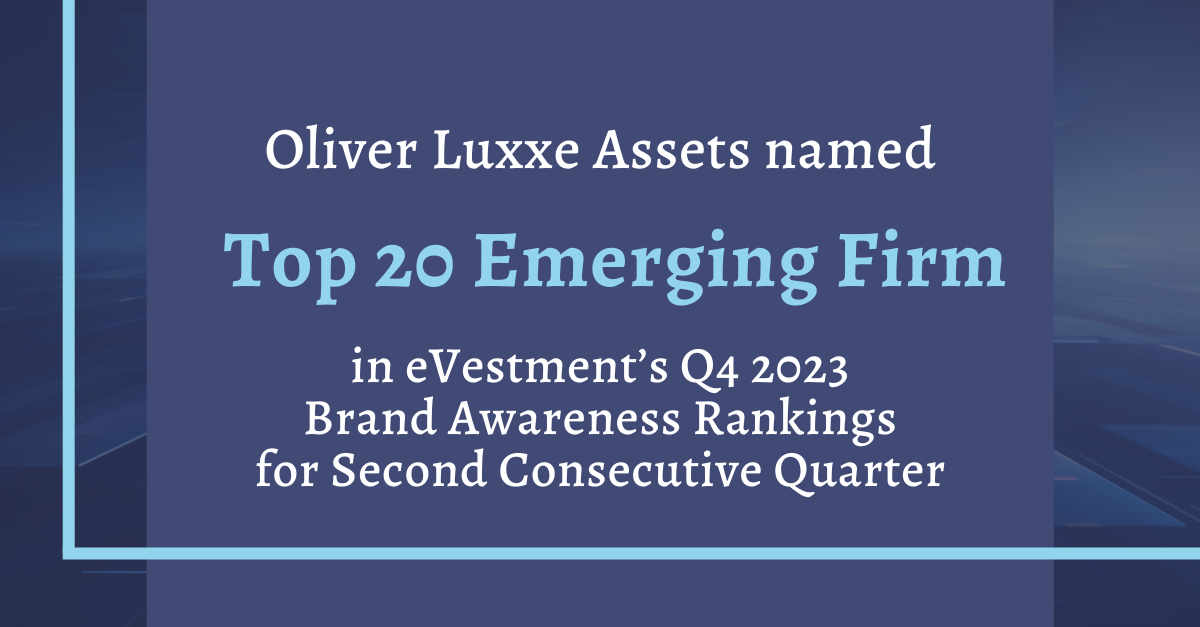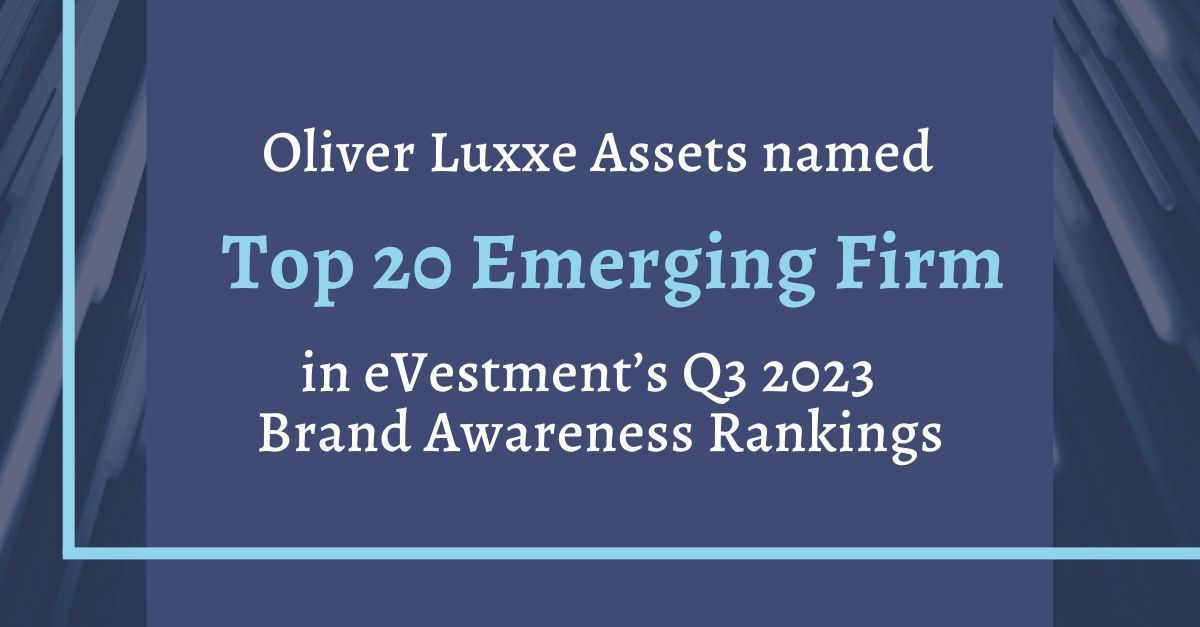2. Asset and Debts
Debt can way down on a marriage- particularly if one spouse isn't open and honest about their financial circumstances. Sure, talking about debt while dating may not be romantic, but once you're hitched, it can go a long way in reducing tension and arguments over money. Both spouses need to know what the other brings to the table in terms of assets and liabilities. Why? For one, the amount of debt you have can influence your budget and affect your chances of qualifying for a joint loan. You should also disclose how much each of you owes, whether or not you'll take on the debt together, and how you plan to repay it.
Another thing newlyweds should know about their partner's financial situation is what assets your spouse acquired before you came into the picture. Maybe they own some rental property in the city, or one of you invested in a think tank before you two become an item? Knowing what each of you owns (and values) may help you define your expectations early on for what might happen to your assets in the event of a split.
“Creating roles and responsibilities within a marriage early on, including budgeting, and ongoing financial monitoring, is a way to get both partners on the same page to respect to finances," said Brad Jacobson, Managing Director at Oliver Luxxe Assets. " It is too often a source of pain within a family when both spouses don't have the same understanding of their specific financial situation.”
When you're just starting your life together, figuring out how to pay debts and deciding whether or not to merge your assets can get complicated. But you don't have to take big leaping transitions. Start small, maybe a joint credit card- you'll have full disclosure on all the charges, and you can split the bill via your separate checking accounts. Test it out for six months or so and if things go well, consider switching to a joint bank account.
If you have any hesitations about taking on your partner's debt, be honest with your partner. Create a repayment plan that works for both of you and puts you on the path to financial freedom together. You may have to make sacrifices like eating more home-cooked meals than dining out or going on a road trip instead of Bora Bora for vacation, or even making adjustments on how each person contributes to shared expenses. But in the end, it's all worth it if it means you'll repay debt quickly and meet your financial goals sooner.
3. Inheritance
An inheritance can be a blessing- and a curse. Anyone who inherits in most states is under no legal obligation to share it with their spouse. Even so, there are still ways an inheritance can become a joint asset without you knowing it. If, for instance, you deposit the money in a joint account or title inherited property in both your names, then legally, both of you own the asset. Unless you live in the few states which follow community property law where all the assets gained during the marriage become community property.
Whether you've added much-needed zeros to your bank account or become the sole owner of some prime real estate- you'll need to figure out what to do with the inheritance. Your spouse may disagree with how you'd like to spend your newfound wealth, and it may become a source of tension, especially for couples with a disparity in their income. So how can you prevent such turmoil in your marriage and reduce the likelihood of one of you spending sleepless nights on the sofa?
For starters, as soon as you know you're set to inherit, start formulating a plan. Try to remove emotions from your decisions and listen to your partner's input. They may not have inherited anything, but they signed up for better or for worse. Create an account dedicated to the inherited funds and put an agreement in writing stipulating whether it's a separate or joint asset. If you decide to make a big purchase, consider writing a check directly from the inherited funds account and keep a detailed record of the transaction.
"One of the pitfalls we see families fall into is assuming or pre spending inheritance before it comes to fruition," said Jacobson. "There are many circumstances that could derail an expected inheritance. Don't count on anything. Live your life as if you have no backstop."
Managing the financial and legal aspects of inheritance can get tricky, so it's also a good idea to enlist the help of a financial planner or an estate attorney to help you make informed decisions.
4. Insurance Planning and Wills
No one wants to think about the death of their spouse, but preparing for the future can be the most empowering thing you can do for your relationship. Instead of thinking of a life insurance policy as something for seniors or people with fatal health conditions, think of it as a way of protecting your significant other when you're no longer in a position to do so yourself. In a nutshell, that's what life insurance policies are for; to help cover funeral expenses, help pay off debt, and supplement lost income.
What stops most newlyweds from getting a life insurance policy is commonly a mistaken belief that it's too expensive. In a survey from Life Happens and LIMRA on the cost of insurance, more than 50% of Americans estimated the cost of a policy to be three times the actual cost- with younger respondents going as much as five times above the actual cost. While in reality, a life cover for a healthy 30-year-old can average around $500 per month. Wouldn't you say that's a low price to pay to protect your spouse against the precarious nature of life?
Another solution in an effort to safeguard your future from the unknown- prepare a will. A written notarized document detailing your wishes in the event of your death may be an important aspect of financial planning for newlyweds. It may help couples make important decisions such as how to distribute assets, who to name as guardian to your kids, what conditions to place on a trust and nominate someone as executor.
Be conscientious to update your wills annually to account for any life changes. Remember, depending on the laws of your state, property and assets don't automatically revert to your spouse. If you don't have a will, your assets may go through probate court- a lengthy and expensive process.
“One of the biggest mistakes newlyweds make is not protecting their family’s future via life insurance and the proper execution of a will,” said Trucano. "These are simple and essential steps you can do for your family and provide peace of mind to yourself. The future may seem far away, but planning should start today.”
5. Share the Responsibility
Marriage is teamwork, no more so than when it comes to financial planning. It's very common for one person in the relationship to take charge of paying the bills. But this can lead to confusion and issues if that person passes or becomes unable to manage the finances. Both parties need to understand your household budget and cash flows so you may collectively decide on how to share the financial responsibilities from the very beginning of your marriage.
One may take on the task of paying rent while the other handles life policy or medical insurance premiums. Nevertheless, both should track your spending, keep an eye on your checking account's final balance, and monitor your investments. This becomes easier if you have a weekly or monthly money meeting so that your financial situation never comes as a shock to either of you.
Managing money is never easy- especially when another person is added to the mix. But with open, honest communication and the help of an experienced financial planner, newlyweds may learn to manage their finances together and create a solid foundation for financial freedom.
"Communication is key. Teamwork makes the dream work," said Trucano.













